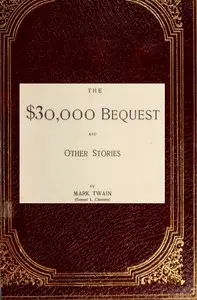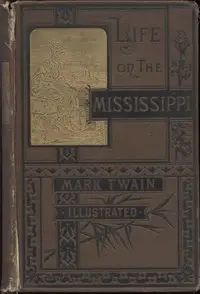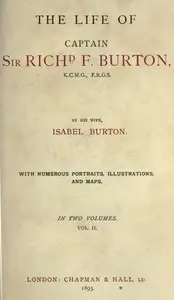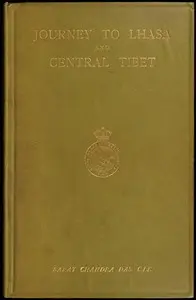"The Innocents Abroad — Volume 06" by Mark Twain is a travel narrative written in the mid-19th century. In this volume, Twain chronicles his observations and experiences as American tourists journey through Europe and into the Holy Land, exploring significant biblical sites. The book humorously reflects on the cultural contrasts and misunderstandings encountered by the travelers, showcasing Twain's sharp wit and keen insights into human nature. The opening portion of this volume sets the stage for the journey, filled with vivid descriptions as Twain and his party traverse from Mount Tabor to Nazareth. He humorously details the challenges faced during their travel, from navigating narrow paths obstructed by camel trains to recounting the peculiarities of local customs. As they reach historical sites in Nazareth, Twain critically reflects on the significance of these locations, highlighting the contrast between grand religious traditions and the mundane realities of everyday life. The narrative is both entertaining and thought-provoking, providing readers with a glimpse into Twain's unique perspective on sacred history and contemporary travel experiences. (This is an automatically generated summary.)
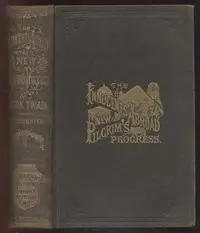
The Innocents Abroad — Volume 06
By Mark Twain
"The Innocents Abroad — Volume 06" by Mark Twain is a travel narrative written in the mid-19th century. In this volume, Twain chronicles his observati...
Samuel Langhorne Clemens, known by the pen name Mark Twain, was an American writer, humorist, and essayist. He was praised as the "greatest humorist the United States has produced," with William Faulkner calling him "the father of American literature." Twain's novels include The Adventures of Tom Sawyer (1876) and its sequel, Adventures of Huckleberry Finn (1884), with the latter often called the "Great American Novel." He also wrote A Connecticut Yankee in King Arthur's Court (1889) and Pudd'nhead Wilson (1894) and cowrote The Gilded Age: A Tale of Today (1873) with Charles Dudley Warner.




